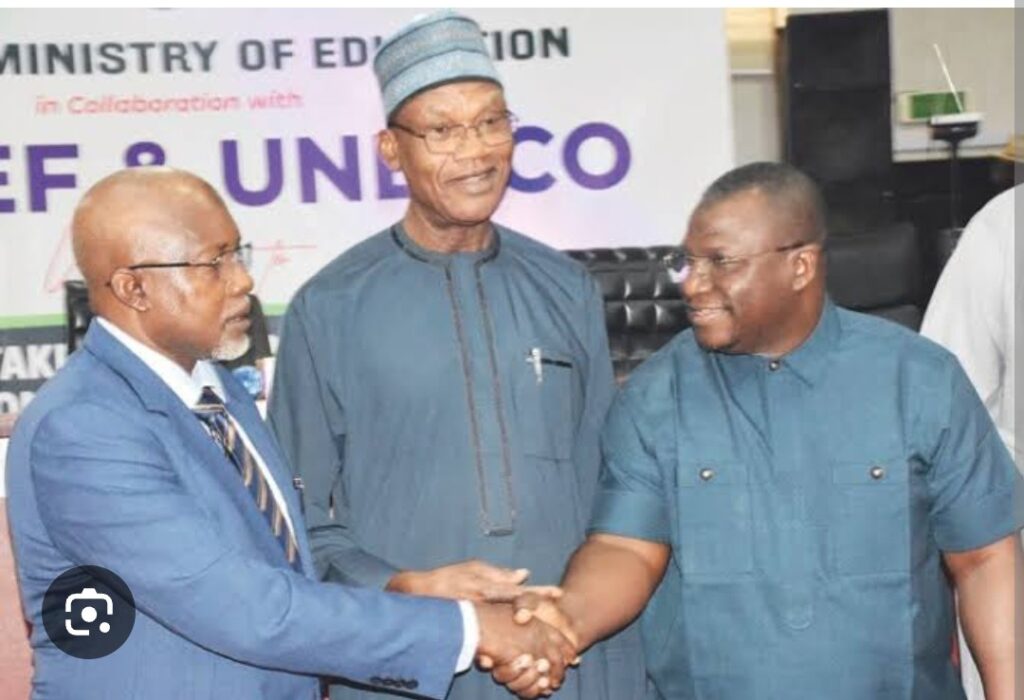The federal government has committed to aligning the educational curriculum and training programs with the competencies demanded by various industries.
This initiative is designed to empower the nation’s youth, enabling them to actively contribute to the country’s economic growth and development.
The announcement was made by the Minister of Education, Professor Tahir Mamman, during a pre-validation meeting of stakeholders focused on the National Policy on Skills Development in Nigeria, held in Abuja on Tuesday.
Expressing concern over the existing skills gap, Mamman emphasized that developing a comprehensive national skills policy is essential for equipping Nigerian youth with the tools necessary to thrive in the competitive 21st-century job market.
“As we navigate a rapidly evolving global landscape, the need for adaptability, innovation, and meaningful contributions to the workforce has never been more critical,” Mamman stated.
He stated that the collaborative efforts of stakeholders are crucial in shaping this vital policy, which aims to create a robust educational framework.
The minister elaborated on the government’s vision: “By aligning our educational curriculum and training programs with the skills required by industries, we can empower our young people to become active participants in the economic growth and development of our beloved country.”
He urged participants at the meeting to engage with a renewed sense of purpose, highlighting the importance of their expertise and insights in refining the policy.
Dr. Nasir Sani-Gwarzo, the Permanent Secretary of the Ministry, represented by Mr. Abubakar Isa, the Director of Information and Communication Technology (ICT), also spoke at the event.
He noted that the proposed policy has the potential to transform the lives of millions of Nigerian youth, addressing their needs across formal, non-formal, and informal education sectors.
“The draft policy before us today is a testament to the tireless efforts of the Federal Ministry of Education, UNICEF, and UNESCO, who have collaborated to develop a comprehensive framework that meets the diverse needs of our learners, from foundational to transferable, digital, and job-specific skills,” Isa remarked.
